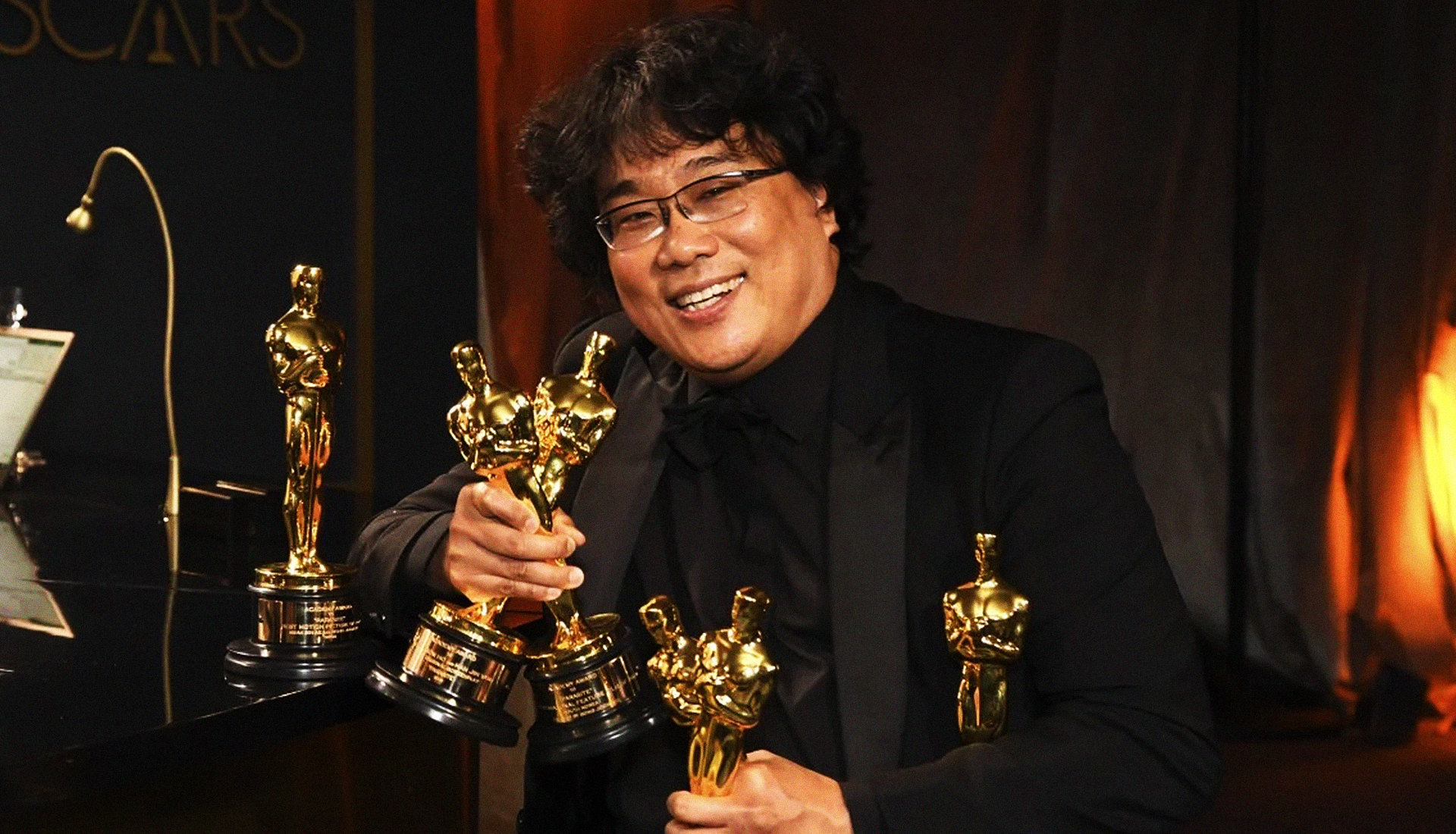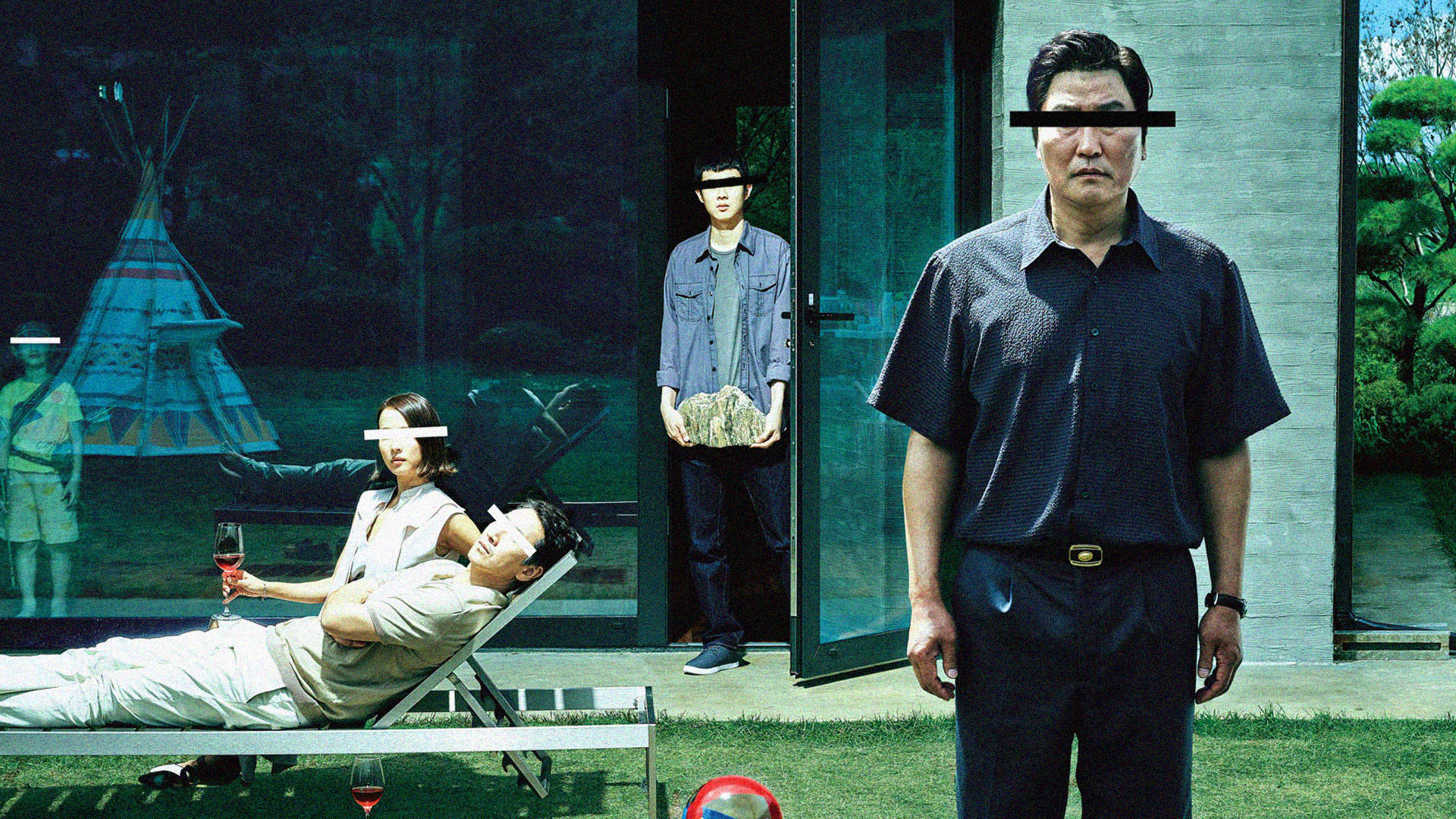The black comedy is the first non-English language film to ever win Best Picture, and is further evidence of South Korea’s increasing influence on global art.
Parasite, the critically acclaimed 2019 film directed by Bong Joon-ho, has been causing a stir in the entertainment industry ever since its release last May. A twisted, dark examination of class in South Korea, the movie has been sweeping up glowing reviews and awards the world over.
Just last night, Parasite won four Oscars, including Best Picture, Best Director, Best Original Screenplay, and Best International Feature Film, becoming the first ever non-English language film to do so. It was a huge night for Bong Joon-ho as well as South Korean cinema, and reflects the country’s ever-growing and increasingly influential arts scene on the global stage.
Joon-ho’s film has made over $167 million in global box office sales, over sixteen times its original budget, and has been a huge success by anybody’s standards – but it’s not the first time South Korea has had an impact on international culture.
The rapid rise of Korean New Wave
Dubbed the ‘Korean New Wave’, South Korea’s arts – particularly in film and music – have found increasing attention and acclaim overseas since the 1990s.
K-Pop acts such as BTS, Got7, and TWICE have all garnered dedicated followings across the globe in recent years, including the west. Take a look at any trending hashtag on Twitter and you’ll sure enough find a K-Pop related video or tweet within moments. ‘Stan’ culture is very much synonymous with South Korean pop music and has become a social media phenomenon, so much so that fans created a petition to allow BTS to avoid mandatory army service.
South Korean cinema is also the fifth biggest in the world after the US, China, Japan, and the UK, with many of its biggest and highest earning films blending dark, anti-capitalist themes with humour and shock violence. Parasite’s exploration of wealth, class, and social inequality can be considered part of this trend, building on Joon-ho’s previous films including 2013’s Snowpiercer and 2009’s Mother.
Two other South Korean directors that are considered to be influencing South Korea’s international cinematic presence are Park Chan-wook and Jim Jee-woon, both of whom have created sinister and foreboding movies that provide thrills alongside poignant political commentary. Check out the trailer for I Saw The Devil from 2011 below for a preview of what to expect if you haven’t checked their work out.





















